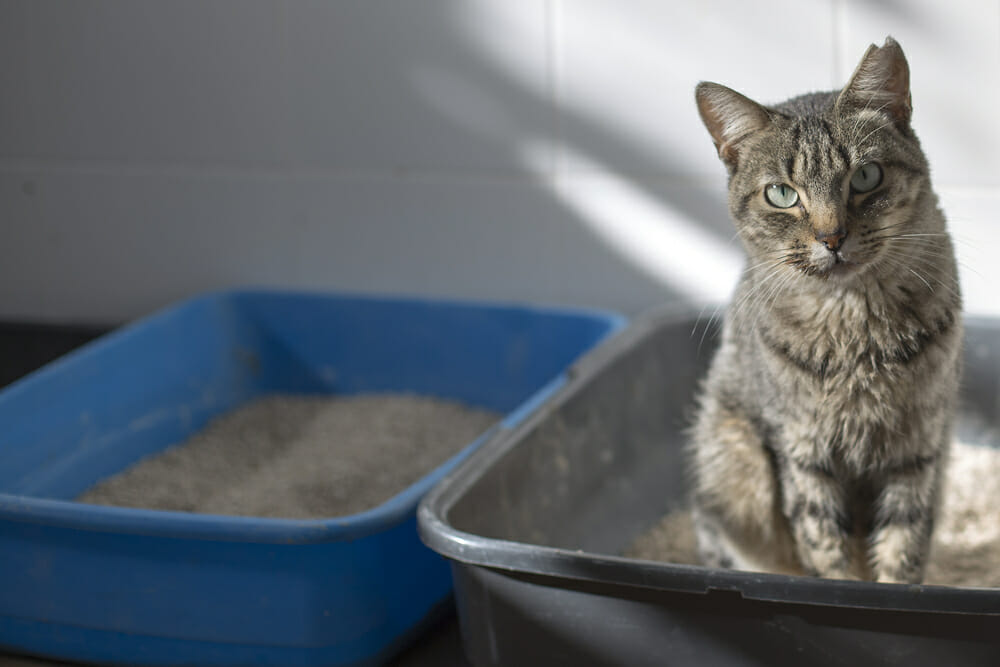
Cat Deworming
Regularly deworming your cat can help keep intestinal parasites out of your cat and your home.
What are some internal cat parasites?
Cats can have several types of internal parasites (worms). Roundworms are often found in kittens or cats who frequently hunt. Tapeworms are carried and transmitted by mice and fleas. Hookworms and whipworms can also be found in cats.
What are worm infestation symptoms in cats?
Worms can be seen visually in cat’s stool, on their bedding or in their vomit. We also find cats that have internal parasite have bloated abdomens or scoot on the ground. When cats or kittens have many worms in their stomach and intestines it can cause a blockage (similar to a cat eating a toy).
Do worms affect humans?
Absolutely! Certain worms can be transmitted from your pets, it can be passed by improper handling of stool (in litter boxes or outside in gardens or sandboxes), food bowls or toys. Young children, elderly and immunocompromised (cancer patients or people with immune disorders) are at high risk for contracting internal parasites from pets.
What is the deworming schedule?
Deworming schedules are often recommend depending on the lifestyle of your cat. Outdoor and hunting cats require more frequent deworming than indoor cats. It is still important to deworm indoor cats as they can still pick up parasites from outdoor pets or insects indoors.
Are there any deworming medication side effects?
There are very minimal side effects to deworming medications. The most common side effect is vomiting, which can be caused by any oral medication. If your pet has a high burden of worms, they may have parasites in the vomit.

